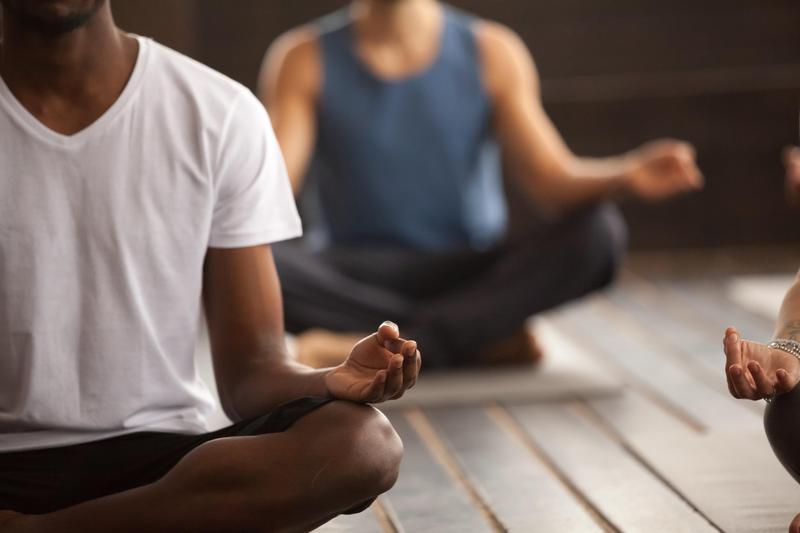The Disciplines of Pleasure
The Disciplines of Pleasure

The word “discipline” is most often attached to things we don’t want to do. We don’t want to exercise and we don’t want to eat right; therefore “discipline” seems like a bummer. Our idea of a well-disciplined person is close to that of a military recruit: rigid and tense, running his or her life like clockwork. It can seem that being well disciplined is saying a big “no” to life.
Hedonism, on the other hand, or the devotion to pleasure, is considered the opposite of discipline. We all pretty much agree on what is pleasurable: bad-for-you foods, beverages, and activities. As Mark Twain once said, “Too much whiskey is barely enough.” The American way of hedonism is that if something is pleasurable, then more would be better.
Neither is true. One must discipline oneself in order to experience pleasure more frequently and more often. For example, you’ve probably figured out that you prefer drinking less alcohol than you did in college because you don’t want the hangovers, decidedly un-fun. Drinking is certainly pleasurable; most people have decided it’s more so in moderation. Delicious food is more pleasurable in small quantities, because then you can also enjoy the pleasure of a fit body rather then the anti-pleasures of obesity, diabetes, and heart disease. Many people who refuse discipline find themselves unable to experience pleasure due to sickness or malaise and enervation.
I was taught by one of my early tantra teachers that “pleasure requires constant vigilance.” True hedonism requires discipline, because one must exercise mindful awareness of what will ultimately contribute to pleasure.
We can develop a practice of incorporating daily pleasurable experiences for the body. We’re lucky in urban areas that massages, Jacuzzis, saunas, manicures and pedicures are affordable treats for women and men. We can practice looking at beauty in our many vistas of nature, or in the wonderful art museums (which all have free admission on certain days). We can hike in the hills, go for a swim, or exchange affection with a loved one. If we fail to discipline ourselves to take our pleasure seriously, we are prone to compulsively seek to fulfill this need through addictive pleasures. In other words, if we don’t seek pleasure consciously, we will demand it in unconscious and unhealthy ways.
Many spiritual people try to deny their need for pleasure and deprive themselves, believing asceticism is the way to god. They think of the spiritual path as one of self denial, fasting, weird restrictive diets, and forcing disciplines on themselves that they don’t want and which may even be harmful. I would like to suggest that the spiritual path can be the most pleasurable of all – full of the disciplined pleasure of a great “yes” to life.
This is an excerpt from Catherine Auman’s book “Shortcuts to Mindfulness: 100 Ways to Personal and Spiritual Growth”
Be the first to post a message!